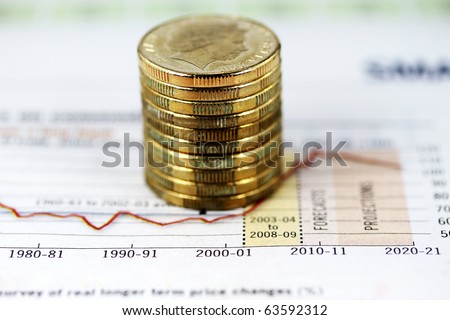7 characterisics of money

Good money must have seven characteristics.
(1) It must be durable, which is why we don't use wheat or corn or rice.
(2) It must be divisible, which is why we don't use art work.
(3) It must be convenient, which is why we don't use lead or copper.
(4) It must be consistent, which is why we don't use real estate.
(5) It must possess value in itself, which is why we don't use paper.
(6) It must be limited in the quantity that is available, which is why we don't use aluminum or iron.
(7) It should have a long history of acceptance, which is why we don't use molybdenum or rhodium.
Only gold fits all seven characteristics.
Federal Reserve notes (now erroneously called "dollars") are issued by the Federal Reserve. They are created without sweat, ingenuity or risk by the Federal Reserve. The Fed is a creature of Congress and therefore, it can be pressured by the will of Congress. Congressional men and women are elected by the voters. The voters desire constant prosperity and tend to "vote their pocketbooks." Thus, the quantity of Federal Reserve notes can be a result of the desires of an impatient and often greedy electorate.
The quantity of Federal Reserve notes tends to be influenced by the wishes of impatient voters -- plus obedient politicians who value their jobs.
Unlike Federal Reserve notes, gold is fixed as to quantity. Gold is a currency that is not beholden to politicians or to any government. Politicians cannot increase or decrease the quantity of gold at will. When a currency is backed by gold, the quantity of that currency is out of the hands of politicians. This is the reason why politicians detest the gold standard. The gold standard leaves politicians helpless at a time when they wish to inflate or over-spend.
